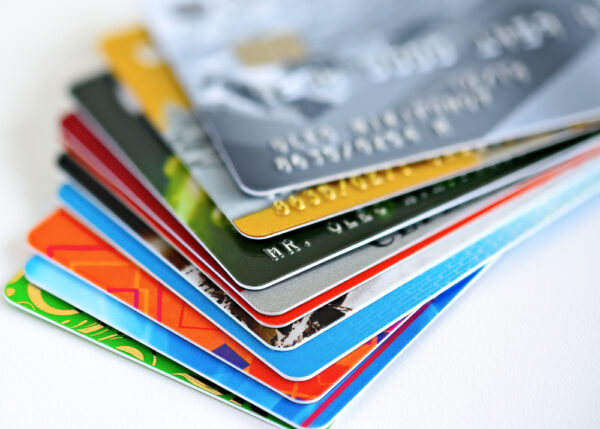A credit card is a financial instrument used for making almost every transaction, domestic or international. Unlike debit cards, credit cards are not linked with your account. The amount that you spend comes directly from the card issuing company. The company sends you a bill every month reflecting all the expenses you made using the card. You are obliged to pay this bill within the specified due date.
Credit cards are a more beneficial alternative to debit cards as the former provides features and benefits which the latter does not. However, credit cards are a bit complicated than debit cards. Before opting, you must know all the details about how credit cards work and what to expect from them.
Credit cards work on the following aspects:
1. Credit limit
The credit limit is the maximum amount that the company provides, which you can spend using the card.
2. Grace period
The grace period is the time within which you have to pay the monthly bill. Generally, you can get a grace period of up to 45 days.
3. Bill amount
Your monthly statement comes with two amounts:
- Total – The total amount that you have spent using the card.
- Minimum – A specific percentage of the total amount that might also include interest.
You can opt to pay the minimum amount in case you are unable to pay the total amount due.
4. Interest rates
Interest rates are applicable only if you don’t pay at least the minimum amount due within the grace period. Interest on the outstanding dues is charged per month and calculated on a daily basis then after.
Thus, your bill amount will increase with each passing day after you fail to clear it within the deadline.
5. Charges
There are various charges associated with a credit card like:
- Joining fee – Required when you opt for the card.
- Annual fee – To renew your card every year.
- Late payment fee – For failing to pay the minimum amount within the due date.
- Over-limit fee – For crossing the credit limit.
- Foreign transaction fee – For making international transactions.
Other charges include duplicate statement fee, outstation cheque fee, cheque bounce fee, etc.
Now, take a look at the features and benefits for a better understanding how credit cards work:
A. Reward points
You earn reward points for every transaction using credit cards. Reward points may be higher for online spends than offline ones.
These reward points can be redeemed in the following ways:
- Receive discounts on future purchases.
- Convert the points into gift vouchers.
- Avail discounts on your credit card bill.
- B. Airport lounge access
Credit cards provide complimentary lounge accesses to domestic and international airports. For example, the Bajaj Finserv RBL Bank SuperCard grants you 8 such accesses in a year.
C. Fuel surcharge waiver
Some credit cards provide a fixed or full fuel surcharge waiver per month. D. Chargeback
The card provider will grant you a chargeback in case of a fraudulent transaction made with your card.
E. Personal loan
You can convert your unutilised credit limit into a personal loan during emergencies. For example, the Bajaj Finserv RBL Bank SuperCard enables you to receive an emergency personal loan without incurring any interest for a period of up to 90 days.
Bajaj Finserv also provides pre-approved offers on these cards which save you time with its simplified process. Pre-approved offers also come with home loans, business loans, personal loans, and several other financial products and services. You only have to provide a few essential details to check your pre-approved offer.
F. Other benefits
Some other benefits that you can avail include:
- Free movie tickets or discounts.
- Offers on dining.
- Discounts when purchasing from specific websites or retailers.
- Discounts when paying utility bills.
Does a credit card help you increase your credit score?
Other than the features and benefits mentioned above, a credit card is one of the ideal ways to build or improve your credit score. Increasing your credit score makes you more creditworthy for availing unsecured financing in future.
Choose the right card for your purpose
Financial institutions provide credit cards that cater to specific interests of an individual.
For example:
- Travel credit cards if you travel often.
- Fuel credit cards if you have a high spend on fuel.
- Entertainment credit cards if you are a movie buff.
- Retail credit cards if you have a high spend on monthly groceries.
Some tips to remember:
- Always pay the total amount due on your credit card.Paying the minimum amount will lower your CIBIL score. Companies also let you pay your total due amount in EMIs. The EMIs will have interest considerably lower than the late payment charges and will also not impact the CIBIL score negatively.
- Keeping the credit utilisation within 30-40% of your limit will improve your credit score.
- Don’t close a credit card when you opt for a new one. Doing so again lowers your CIBIL score.
Now that you know how credit cards work, you can easily opt for one and reap its innumerable features and benefits.





